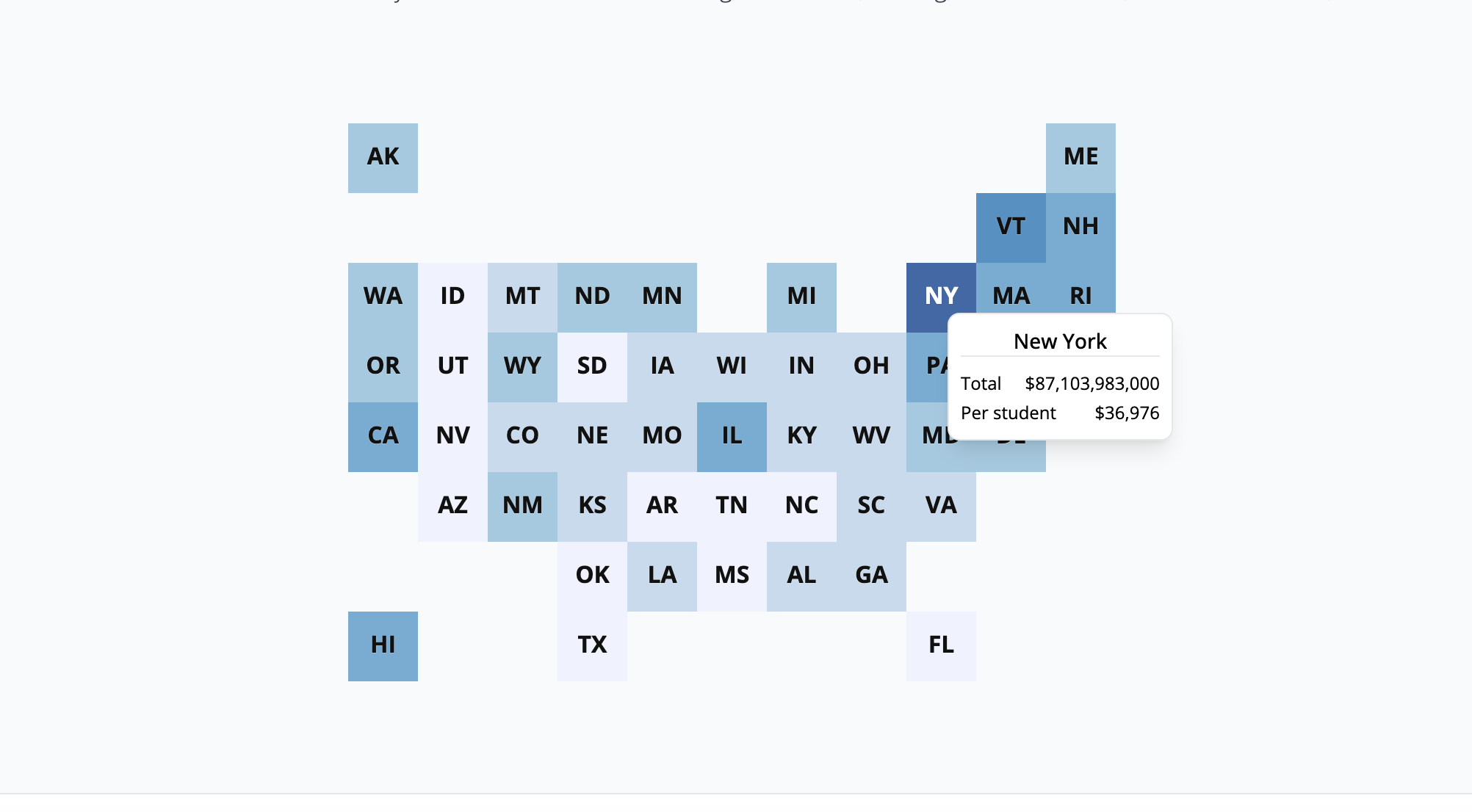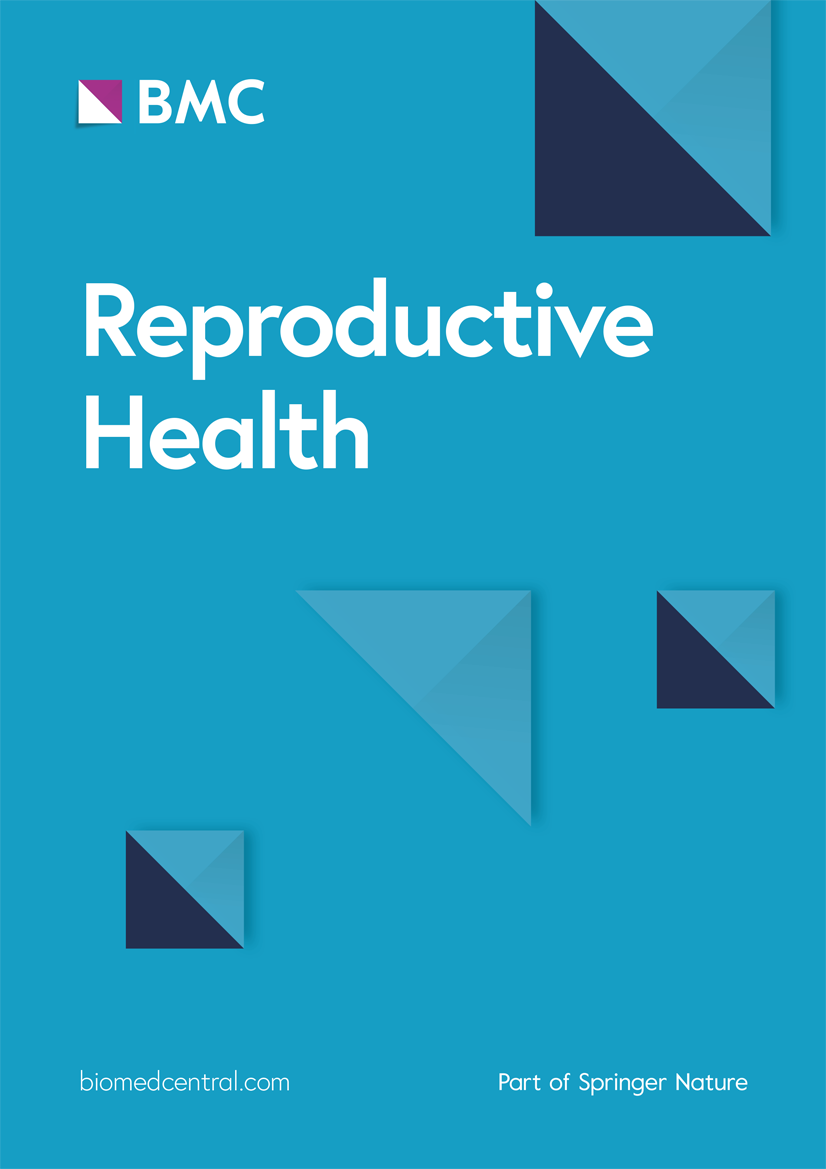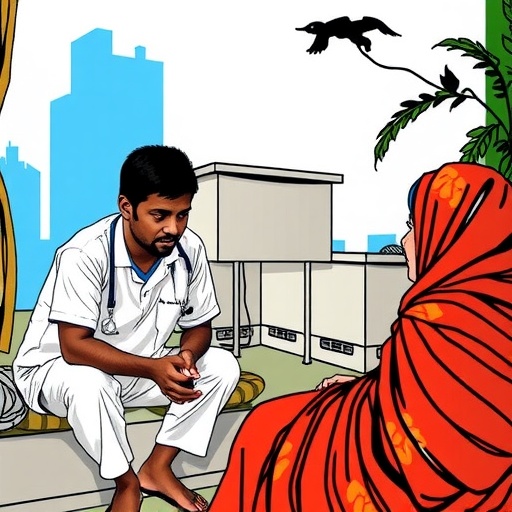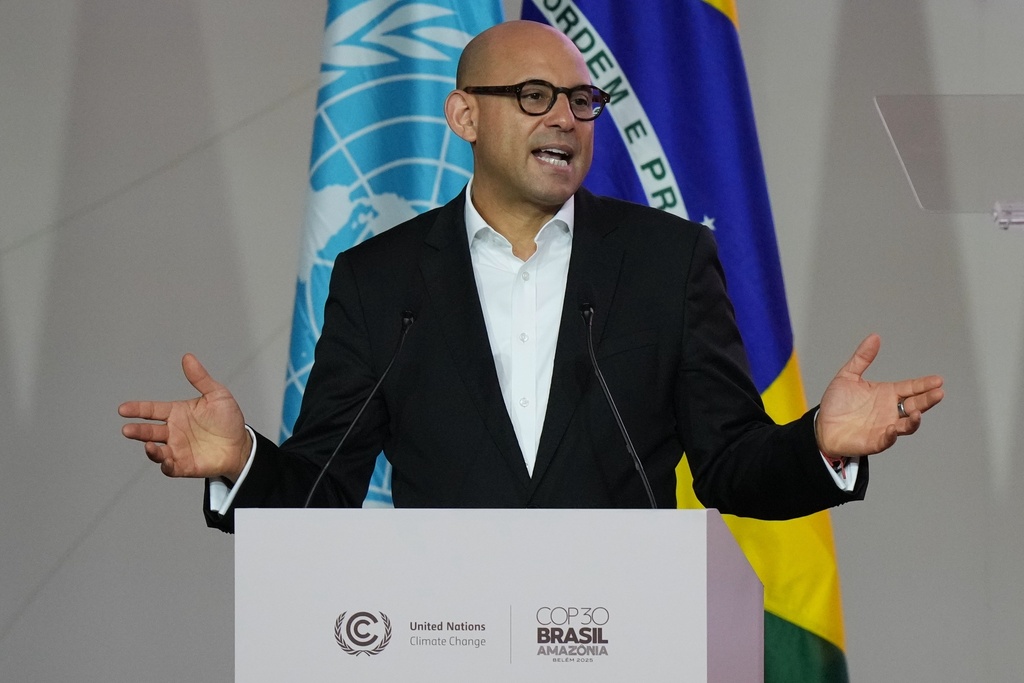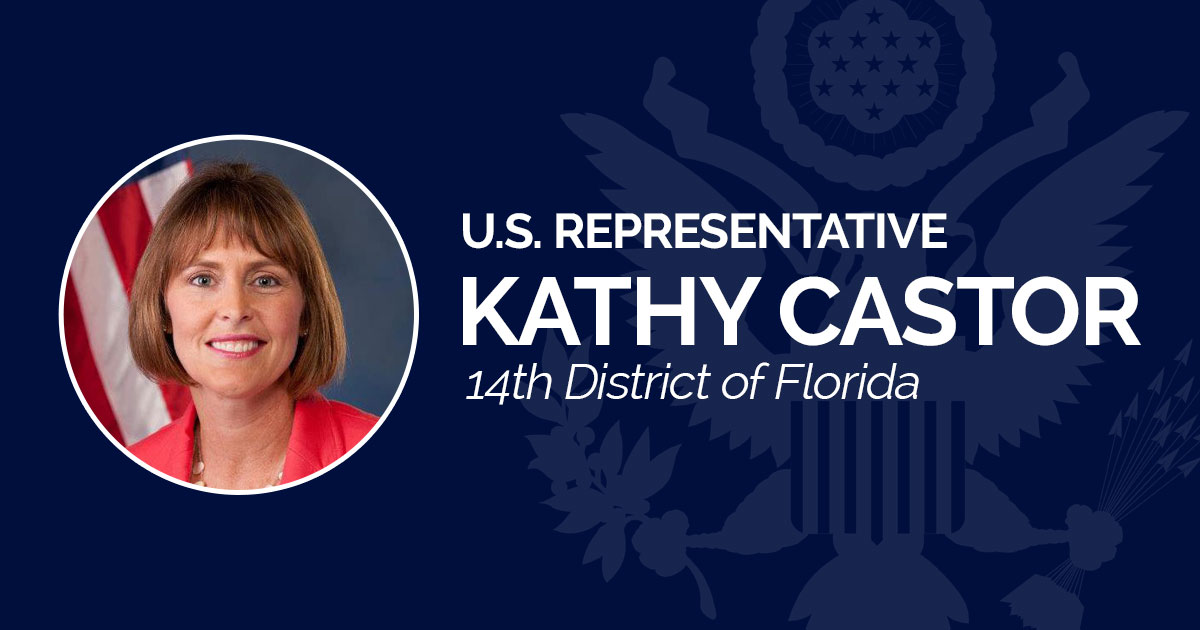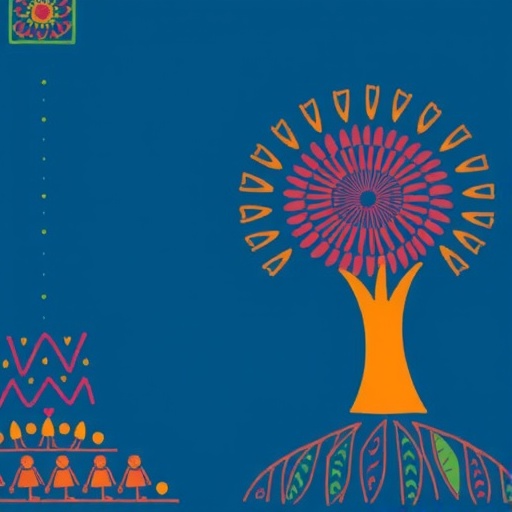Yeji Cho from Korea Tourism Organization Sets New Standards in Sustainable and Inclusive Tourism, Earns PATA Recognition in 2025 – Travel And Tour World

Report on the 2025 PATA Face of the Future Award and its Alignment with Sustainable Development Goals
Introduction
The Pacific Asia Travel Association (PATA) has recognized four emerging leaders in its 2025 Face of the Future awards, celebrating significant contributions to sustainable and inclusive tourism. The awards highlight professionals whose work directly supports the achievement of the United Nations Sustainable Development Goals (SDGs). Yeji Cho of the Korea Tourism Organization was named the Grand Winner for her exceptional leadership in advancing accessible tourism and fostering global partnerships, setting a benchmark for the industry’s commitment to the SDGs.
Grand Winner: Yeji Cho, Korea Tourism Organization
Yeji Cho’s recognition as the Grand Winner underscores her profound impact on creating a more sustainable and equitable tourism sector. Her initiatives demonstrate a strong alignment with multiple SDGs.
- Accessible Tourism Project (2021-2023): By improving infrastructure and educational resources for travelers with disabilities, Cho’s work directly advances SDG 10 (Reduced Inequalities) and SDG 11 (Sustainable Cities and Communities), making tourism environments more inclusive and accessible for all.
- Fostering Global Cooperation: Cho strengthened international relationships with key bodies like UN Tourism and the Global Sustainable Tourism Council. This commitment to collaboration is a core component of SDG 17 (Partnerships for the Goals), which is essential for achieving global sustainability targets.
- Youth Career Development: Through her instrumental role in expanding the PATA–KTO Internship Program, Cho has contributed to SDG 4 (Quality Education) and SDG 8 (Decent Work and Economic Growth) by providing valuable career development opportunities for young tourism professionals.
Commended Honorees and their Contributions to the SDGs
Three other professionals were honored for their pioneering work, each contributing to specific facets of the sustainable development agenda.
Poornaka Delpachitra: Championing Sustainable Practices
As Country General Manager for Intrepid Travel in Sri Lanka, Poornaka Delpachitra has been recognized for his dedication to sustainable tourism, particularly in post-crisis recovery efforts. His work supports:
- SDG 12 (Responsible Consumption and Production) and SDG 15 (Life on Land) through the implementation of eco-friendly tourism practices that prioritize environmental conservation.
- SDG 8 (Decent Work and Economic Growth) and SDG 11 (Sustainable Cities and Communities) by championing community-focused models that empower local populations and build resilient local economies.
Dr. Bella Vongvisitsin: Advancing Inclusive and Equitable Tourism
Dr. Bella Vongvisitsin, Assistant Professor at Hong Kong Metropolitan University, was honored for her strategic contributions to community-based and inclusive tourism. Her initiatives align with:
- SDG 5 (Gender Equality) and SDG 10 (Reduced Inequalities) through her research and advocacy for diversity, equity, and inclusion, particularly via her social enterprise, Inclusive Tourism Asia.
- SDG 9 (Industry, Innovation and Infrastructure) and SDG 11 (Sustainable Cities and Communities) by translating academic research into practical, community-driven tourism programs and policy innovations across the Asia-Pacific region.
Nikhil Jeet: Leading with Digital Innovation and Inclusivity
Nikhil Jeet, Director at DDP Group, India, was commended for his innovative leadership, especially during the COVID-19 pandemic. His efforts have advanced:
- SDG 4 (Quality Education) and SDG 9 (Industry, Innovation and Infrastructure) by launching “COVID eLearn,” a digital platform that provided critical training to over 2,000 travel agents and established a sustainable digital ecosystem for the industry.
- SDG 8 (Decent Work and Economic Growth) and SDG 10 (Reduced Inequalities) through active mentorship of young professionals and collaboration with underrepresented communities to foster greater inclusivity within the travel sector.
Significance of the Award in Promoting the SDG Agenda
The PATA Face of the Future Award is a critical platform for empowering young leaders who are embedding the SDGs into the fabric of the tourism industry. As the 2025 Grand Winner, Yeji Cho will receive significant opportunities to further this mission.
- She will represent youth interests on the PATA Board, influencing strategic initiatives.
- She will receive sponsorship to attend the PATA Travel Mart 2025.
- She will serve as a panelist at the PATA Knowledge Forum 2025, sharing insights on the future workforce.
These benefits provide a platform for amplifying innovative solutions and ensuring that the perspectives of the next generation are central to shaping a tourism industry that is both prosperous and sustainable.
Conclusion: A Collective Drive Towards a Sustainable Future
The recognition of Yeji Cho and the other honorees highlights a clear and decisive industry shift towards integrating the Sustainable Development Goals into core business and policy strategies. Their collective achievements in promoting accessibility, community empowerment, gender equality, and digital innovation demonstrate the multifaceted approach required to build a tourism sector that is resilient, inclusive, and responsible. Their leadership paves the way for a future where tourism acts as a powerful vehicle for achieving the global goals, driven by international cooperation as envisioned in SDG 17.
Analysis of Sustainable Development Goals in the Article
-
Which SDGs are addressed or connected to the issues highlighted in the article?
The article highlights several initiatives and achievements in the tourism sector that directly connect to a range of Sustainable Development Goals. The key themes of accessible tourism, sustainability, youth empowerment, gender equality, and international collaboration point to the following SDGs:
- SDG 4: Quality Education: The article mentions several educational and career development initiatives, such as the “COVID eLearn” digital platform for travel agents and the PATA–KTO Internship Program for young professionals.
- SDG 5: Gender Equality: Dr. Bella Vongvisitsin’s work is explicitly noted for championing gender equality within the tourism sector through her social enterprise and research.
- SDG 8: Decent Work and Economic Growth: The overarching theme is the promotion of sustainable tourism, which creates jobs and fosters economic growth. This is seen in the efforts to recover Sri Lanka’s tourism sector, develop young professionals’ careers, and create community-focused tourism.
- SDG 10: Reduced Inequalities: This is a central theme, addressed through Yeji Cho’s “Accessible Tourism Project” for travelers with disabilities, Dr. Vongvisitsin’s work on diversity and inclusion, and Nikhil Jeet’s collaboration with underrepresented communities.
- SDG 11: Sustainable Cities and Communities: The focus on improving infrastructure for accessible tourism and promoting community-based tourism models relates directly to making destinations more inclusive and sustainable.
- SDG 12: Responsible Consumption and Production: Poornaka Delpachitra’s work with Intrepid Travel in Sri Lanka is a prime example, focusing on “eco-friendly” practices and enhancing the company’s sustainability profile.
- SDG 17: Partnerships for the Goals: The article emphasizes the importance of global collaboration, highlighting Yeji Cho’s role in strengthening KTO’s international relationships with organizations like UN Tourism, GSTC, and PATA.
-
What specific targets under those SDGs can be identified based on the article’s content?
Based on the specific actions described in the article, the following SDG targets can be identified:
- Target 4.4: Increase the number of youth and adults who have relevant skills for employment. This is directly addressed by Nikhil Jeet’s “COVID eLearn” platform, which educated and certified over 2,000 travel agents, and the PATA-KTO internship program, which contributes to the career development of young tourism professionals.
- Target 5.5: Ensure women’s full and effective participation and equal opportunities for leadership. This is relevant to Dr. Bella Vongvisitsin’s work, which explicitly champions “gender equality” in the tourism industry.
- Target 8.6: Substantially reduce the proportion of youth not in employment, education or training. The PATA–KTO Internship Program, which recruits and dispatches Korean interns and develops an alumni network, directly contributes to this target by providing valuable work experience.
- Target 8.9: Devise and implement policies to promote sustainable tourism that creates jobs. The work of all awardees contributes to this, particularly Poornaka Delpachitra’s leadership in “community-focused tourism practices” and Yeji Cho’s efforts in sustainable tourism.
- Target 10.2: Empower and promote the social and economic inclusion of all, irrespective of disability or other status. Yeji Cho’s “Accessible Tourism Project,” which focuses on travelers with disabilities, and Nikhil Jeet’s work with “underrepresented communities” are direct implementations of this target.
- Target 11.7: Provide universal access to safe, inclusive and accessible public spaces, in particular for persons with disabilities. Yeji Cho’s project to “significantly improve infrastructure” for accessible tourism directly aligns with this target.
- Target 12.b: Develop and implement tools to monitor sustainable development impacts for sustainable tourism. Poornaka Delpachitra’s work to enhance Intrepid Sri Lanka’s “sustainability profile” and earn “national acclaim for its commitment to responsible tourism practices” implies the monitoring and management of sustainability impacts.
- Target 17.16: Enhance the Global Partnership for Sustainable Development, complemented by multi-stakeholder partnerships. This is exemplified by Yeji Cho’s success in strengthening “international relationships, including partnerships with prominent organizations such as UN Tourism, Global Sustainable Tourism Council, ASEAN+3, and PATA itself.”
-
Are there any indicators mentioned or implied in the article that can be used to measure progress towards the identified targets?
The article provides several explicit and implicit indicators that can be used to measure progress:
- Indicator for Target 4.4: The number of individuals educated and certified through a specific program. The article states that Nikhil Jeet’s platform certified “over 2,000 travel agents across India.”
- Indicator for Target 8.6: The existence and expansion of youth employment or internship programs. The article mentions the “PATA–KTO Internship Program” and its “robust alumni network” as a tangible initiative.
- Indicator for Target 10.2: The implementation of projects and programs aimed at specific marginalized groups. The “Accessible Tourism Project” for travelers with disabilities is a clear example.
- Indicator for Target 11.7: The development of accessible infrastructure. The article refers to the “improving infrastructure” as a key component of Yeji Cho’s project.
- Indicator for Target 12.b: Recognition or certification for sustainability practices. Intrepid Sri Lanka earning “national acclaim for its commitment to responsible tourism practices” serves as an indicator of successful implementation.
- Indicator for Target 17.16: The number and quality of established international partnerships. The article lists the specific organizations KTO partnered with, including “UN Tourism, Global Sustainable Tourism Council, ASEAN+3, and PATA.”
-
SDGs, Targets, and Indicators Summary
SDGs Targets Indicators Identified in the Article SDG 4: Quality Education 4.4: Increase the number of youth and adults with relevant skills for employment. The certification of over 2,000 travel agents via the “COVID eLearn” platform; The establishment of the PATA-KTO Internship Program. SDG 5: Gender Equality 5.5: Ensure women’s full participation and equal opportunities for leadership. Championing “gender equality” through a social enterprise (Inclusive Tourism Asia). SDG 8: Decent Work and Economic Growth 8.6: Reduce the proportion of youth not in employment, education or training.
8.9: Promote sustainable tourism.Recruiting and dispatching interns and developing an alumni network (PATA-KTO Internship Program); Championing “eco-friendly and community-focused tourism practices.” SDG 10: Reduced Inequalities 10.2: Empower and promote the inclusion of all, irrespective of disability or other status. Leading an “Accessible Tourism Project” for travelers with disabilities; Collaborating with “underrepresented communities.” SDG 11: Sustainable Cities and Communities 11.7: Provide universal access to inclusive and accessible public spaces. “Significantly improving infrastructure” tailored for travelers with disabilities. SDG 12: Responsible Consumption and Production 12.b: Monitor sustainable tourism impacts. Enhancing a company’s “sustainability profile” and earning “national acclaim for its commitment to responsible tourism practices.” SDG 17: Partnerships for the Goals 17.16: Enhance the Global Partnership for Sustainable Development. Strengthening partnerships with organizations like “UN Tourism, Global Sustainable Tourism Council, ASEAN+3, and PATA.”
Source: travelandtourworld.com

What is Your Reaction?
 Like
0
Like
0
 Dislike
0
Dislike
0
 Love
0
Love
0
 Funny
0
Funny
0
 Angry
0
Angry
0
 Sad
0
Sad
0
 Wow
0
Wow
0





